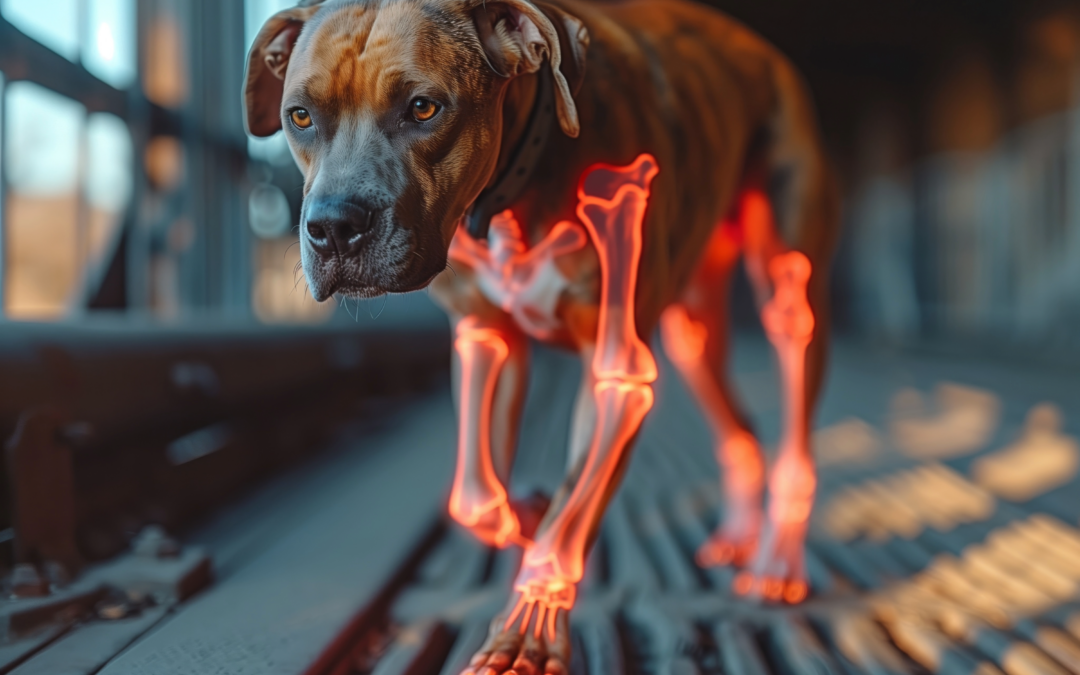As attentive pet owners, we never want to see our beloved pets in pain. However, it can be hard to recognize because animals have evolved to conceal signs of distress and discomfort as a survival instinct. In the wild, injured or ill animals become targets and are vulnerable to predators, so appearing healthy is crucial for survival. Our pets, especially cats, have retained this instinct, making it difficult for pet owners to recognize when they are experiencing animal pain.
Closely observing your pet and being mindful of subtle changes in their behavior is the best way to detect pain problems early. Since pets cannot communicate verbally, pet owners need to recognize their behavioral, physical, and emotional signs of distress. With early detection, we can promptly seek veterinary attention, alleviate suffering, and prevent the progression of underlying health issues.
In this blog, we will explore common signs and behaviors that indicate pain in dogs and cats and provide tips on recognizing it. And because September is Animal Pain Awareness Month, we will also explore how the emergency team here at BEVS can help.
Noticing signs of pain in pets
Your pet’s pain may be chronic or acute, but whatever the reason, they may show it in subtle ways. You can often recognize signs by paying attention to your pet’s habit changes.
Behavioral signs— Pets may show a change in their activity level, grooming habits, patterns of aggression, irritability, vocalization, or appetite and/or water consumption.
Physical signs— Pets may display physical signs of pain such as limping, favoring a specific body part, changes in posture, or facial expressions.
Emotional signs—Pets show emotional signs of pain by becoming withdrawn, depressed, anxious, or restless or displaying changes in social behavior. An ordinarily social cat may start to hide more, for example.
Reasons pets experience pain
Pain in pets is a complex issue. At BEVS, we assess pain at every visit and exam, use preemptive and personalized pain control during procedures and surgeries, and take a multimodal approach to pain management.
Some common causes of pet pain include:
Injury or trauma — Accidents, falls, and fights with other animals can lead to physical injuries and pain.
Dental issues — Dental problems such as gum disease, broken teeth, or mouth sores can cause considerable pain for pets.
Arthritis — Older pets may suffer from arthritis, causing joint pain and stiffness.
Internal issues — Conditions such as urinary tract infections, gastrointestinal problems, or organ-related issues can cause internal pain.
Infections — Bacterial, fungal, or parasitic infections can cause pets discomfort and pain.
Cancer — Tumors and cancerous growths can cause pain and discomfort in pets.
Inflammatory conditions — Conditions like pancreatitis or inflammatory bowel disease can lead to pain and discomfort in pets.
How to help if your pet is in pain
If a pet displays signs of pain, it’s essential to quickly consult your primary care veterinarian to determine the underlying cause and provide appropriate treatment. If your veterinarian’s clinic is closed or at capacity, please seek care at an animal emergency hospital such as BEVS.
As a 24/7 emergency and specialty hospital, we understand the importance of effectively and promptly managing pet pain. Our knowledgeable and highly experienced team is dedicated to providing your pet with the very best care.
Some of the personalized pain management techniques we provide include:
- Advanced Diagnostics: To find the cause of the pain.
- Medication: We can prescribe pain-relieving medications tailored to your pet’s specific condition, whether acute from an injury or chronic from conditions such as arthritis or cancer.
- Nutritional Support: Proper nutrition is essential for managing arthritis and other chronic pain issues. Our team can guide you and recommend appropriate diets and supplements to support your pet’s overall health and reduce pain.
- Surgical Intervention: When surgical procedures are necessary to address the underlying cause of pain, our highly trained surgical team, including board-certified veterinary surgeon Jacob Helmick, and residency-trained Dr. Alexandra Kuvaldina, can perform various procedures to relieve pain and improve your pet’s quality of life.
At BEVS, we are committed to staying abreast of the latest advancements in pet pain management, ensuring that we can offer the most effective and compassionate care for your furry companions. If you have any concerns about your pet’s pain or would like to explore our pain management options, call (802) 863-2387 to learn more.

